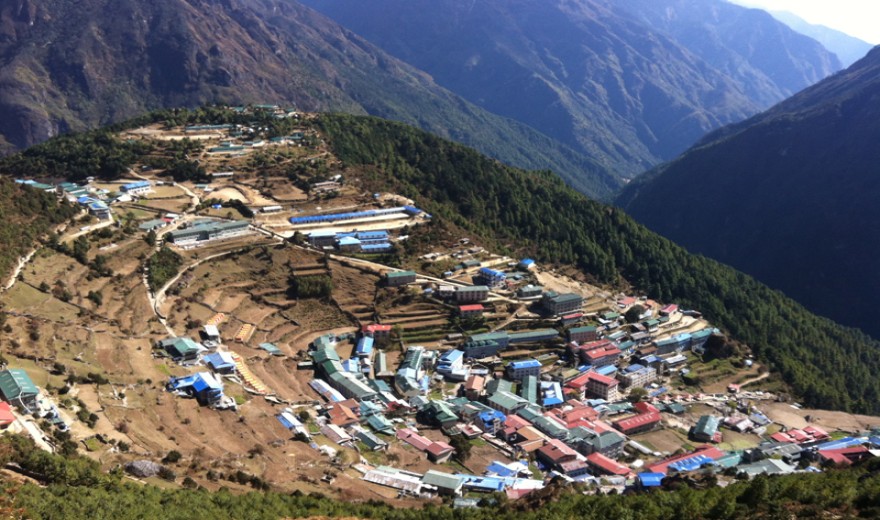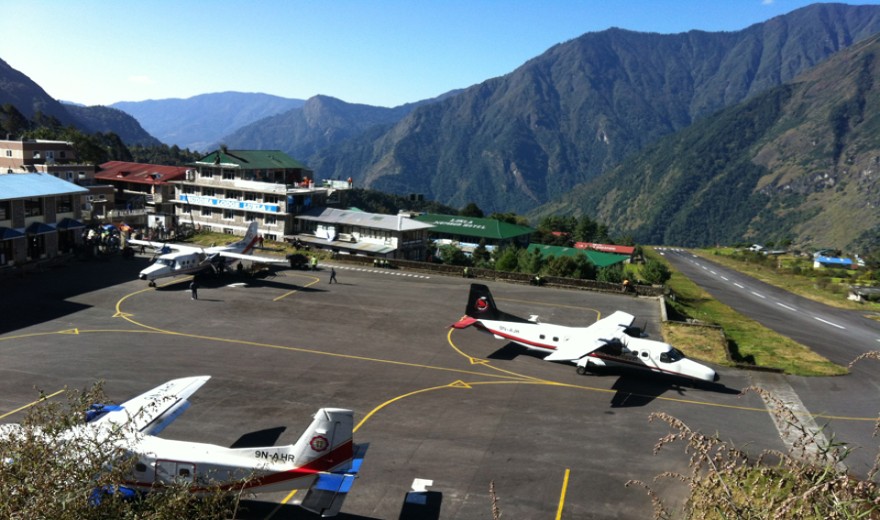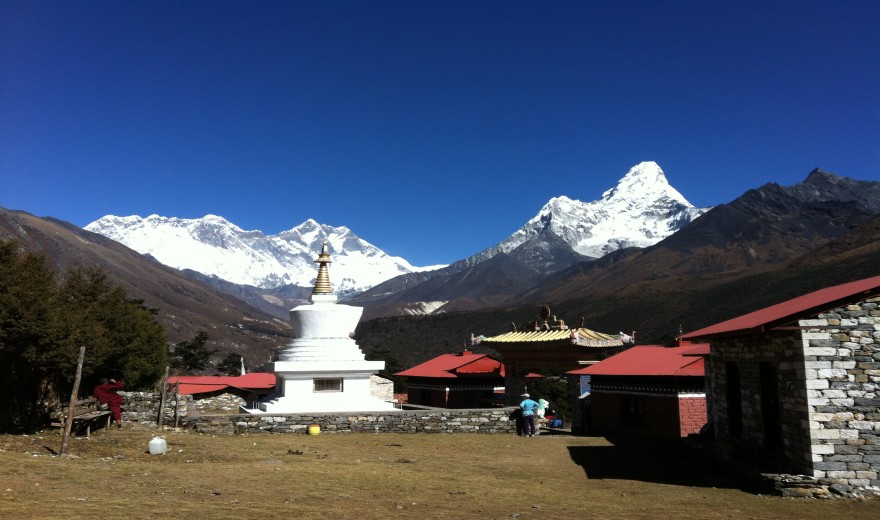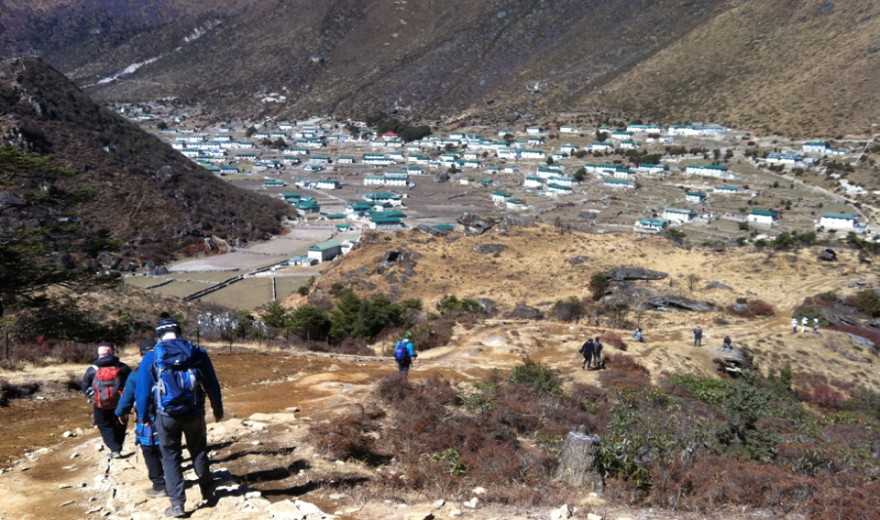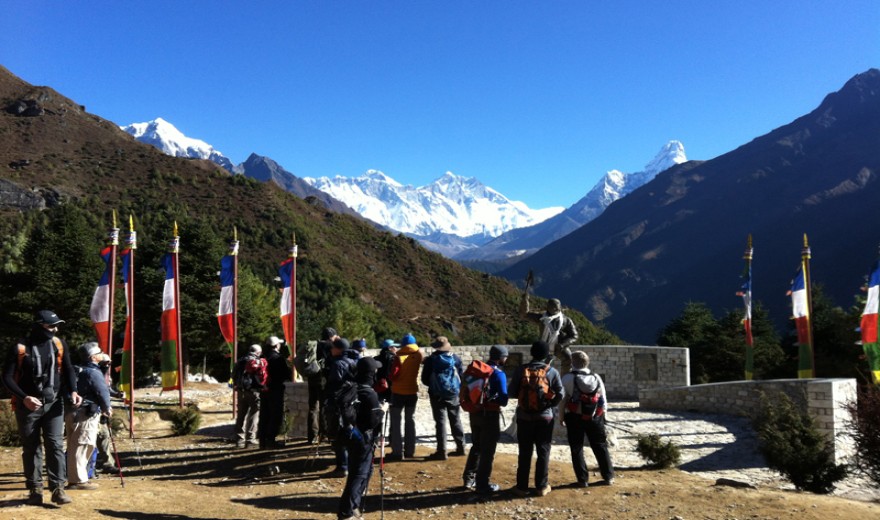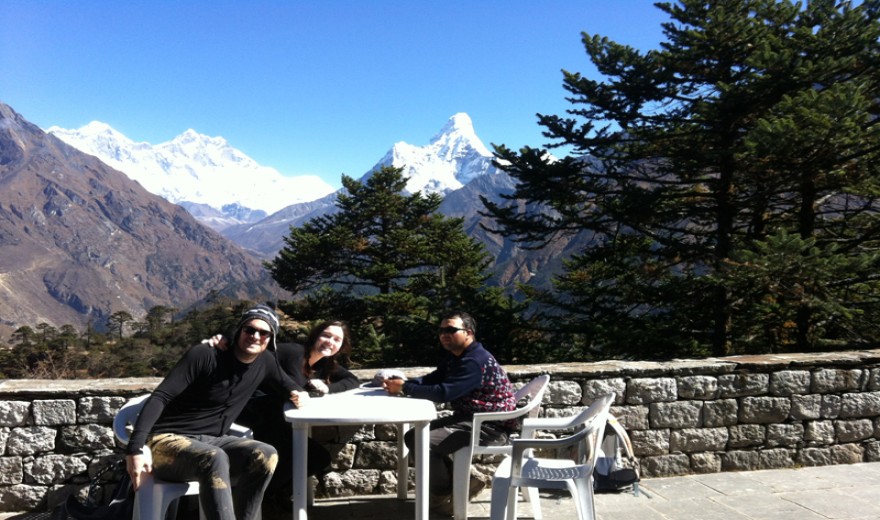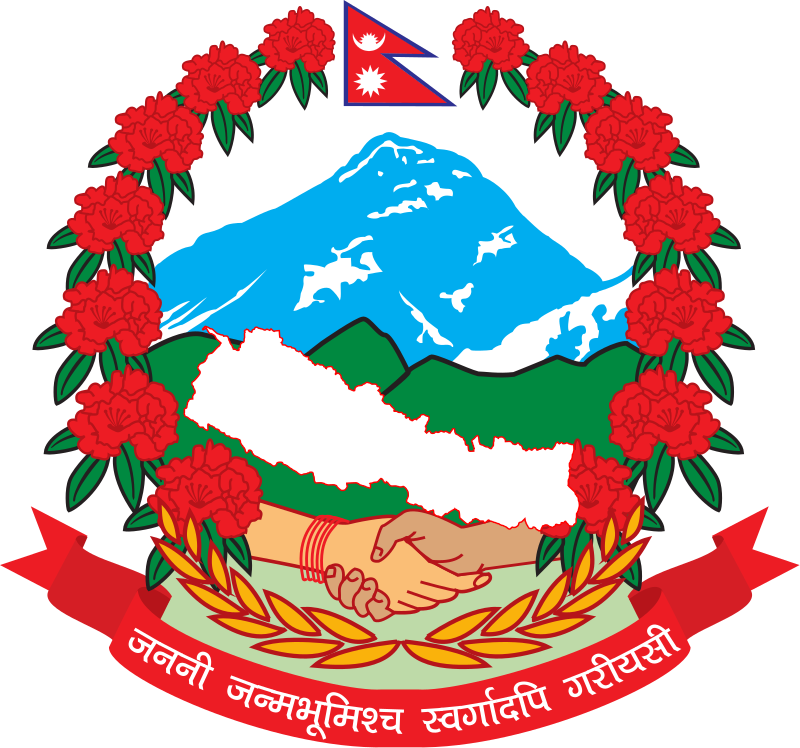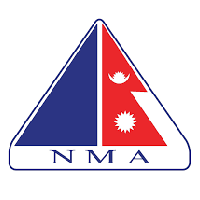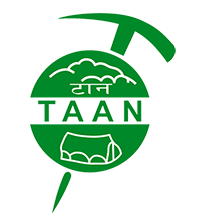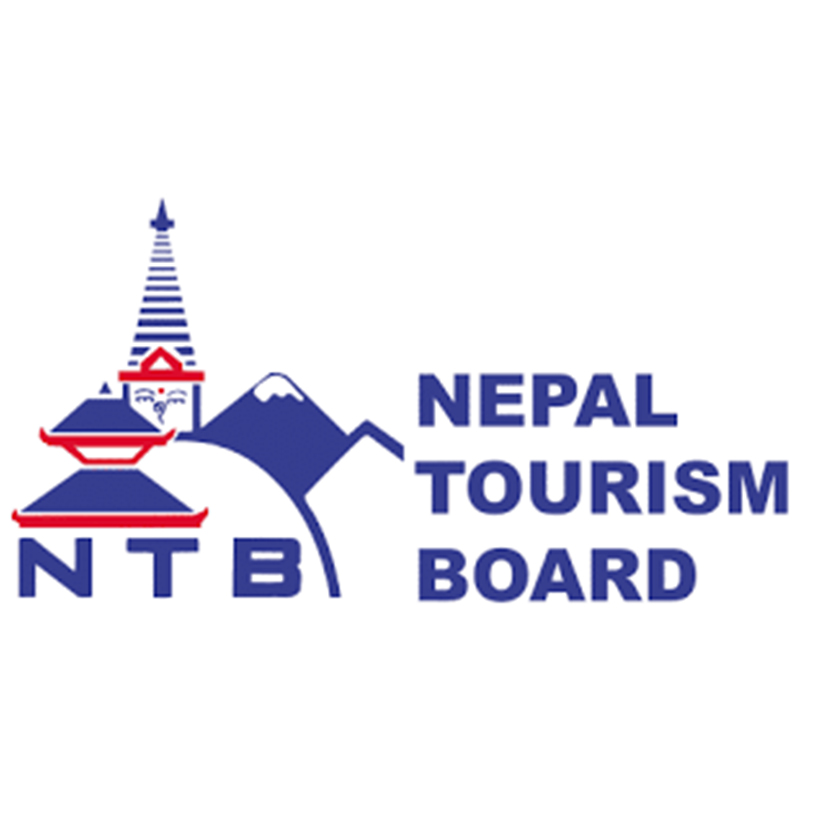Trekking staff:
Whilst on the trek, the Nepali guides and porters will ensure that you are well looked after. Every trek has an English speaking guide, known as the Guide, who is in overall charge. It is his responsibility to organise the trek en route and manage the guides and porters and deal with the local peoples. The Guide are very experienced men, some being previous Everest mountaineers, and they are experts in trek organisation, as well as being able to discuss the local culture, religion, and landscape. In addition there will be other guides, sometimes referred to by the generic term Sherpa, who will be your walking companions on the trek and will assist the Guide in organising the logistics of the trek. On camping treks there will be a full kitchen crew who are responsible for all aspects of catering. And finally there will be porters who are the transportation system of the Nepali mountains. They will carry the duffle bags and other equipment as necessary.
Accommodation on the trek:
1. Fully equipped Camping treks - accommodation is provided in spacious 2 person tents. We use this method for our climbing trips and some treks where lodges are less frequent.
2. Lodge treks - accommodation is provided in the local Nepali lodges, sometimes known as tea-houses. It is usually necessary to share a double room. We use this method for our treks in the Annapurna and Everest regions.
Equipments:
All equipment and food, and your own personal backpacks are carried by the porters or pack animals. It is only necessary to carry a camera or small daypack ! On camping treks all necessary camp equipment is provided - this includes dining tent, dining table & chairs, toilet tent, foam mattresses, and all cooking equipment.
Food on the treks:
It is not necessary to take any additional food on the trek. On camping treks, all food is prepared by the trek cook - an expert in preparing delicious camp food. And most importantly, special care is taken to provide well-boiled, purified drinking water. On lodge treks, food is provided in the lodge and this ranges from delicious local specialities to common western dishes. If necessary, bottled water can be purchased from the lodges for a small fee, although many trekkers prefer to use fresh water with the added precaution of a purifying agent.
A typical trekking day:
A typical day revolves around the Nepal sunrise and sunset, rather than any Western time schedule. The day starts with an early wake-up call you. Then pack up your gear and enjoy a rousing breakfast before starting your morning walk. The sirdar /Guide already be organised and have assigned loads to porters and/or animals, and your group will then set off on the trail at a leisurely pace, enjoying the view and stopping to take photographs. After 2-3 hours walk you stop for lunch. This lasts for about 90 minutes which gives you time to relax, or explore the local village.
The afternoon's walk is usually shorter and we arrive at the campsite or tea-house in plenty of time to relax and savour the surroundings. Later in the evening dinner is served, giving you an opportunity to sample the delicious food, talk over the day's events, and look forward to another special day on the trails of Nepal.
Health and Safety on the trek General:
- We advise that you carry your personal first aid kit which includes specific items of preference.
- We will, in an emergency, arrange for helicopter evacuation. (Note that you are required to hold insurance for this unlikely eventuality).
- All meals on our camping trips are prepared to strict hygiene standards specifically for our groups, under the supervision of the trekking staff.
- We use tea-houses that we know have strict hygiene standards and provide a broad menu.
High Altitude:
Anyone can be affected by Altitude Sickness. However, our itineraries are specifically designed to minimise the risks associated with trekking to high altitudes by building in acclimatisation and rest days. In the event of any symptoms we will ensure that the individual descends to a lower altitude to gain a quick recovery.
Acute Mountain Sickness (AMS):
Acute Mountain Sickness (AMS) is caused by thin air at high altitudes starting from 3, 000 meters upwards and may even lead to death. The main precaution that needs to be taken while trekking is not to go up too high too fast. So the body should be given enough time to acclimatize.
AMS Signs:
Headache, often with loss of appetite, nausea, vomiting, tiredness, dizziness, disturbedsleep.
What to do? Acclimatize or descend, use Diamox [250 mg every 12 hrs.].
HACE Sign:
Of Severe headache, loss balance/ coordination, staggering, irrational behaviour, confusion, drowsiness, coma, death .[some time in a few hours]
What to do? Check with straight-line heel to toe walking .HACE victims cannot do it. DESCEND immediately!, even at night, at least 1000m with someone else, oxygen, Gamow bag keep patient warm, use Diamox.
HAPE Sign:
Breathless [even at rest],dry cough, pink or rusty spit , blue lips/nails, very tired , low fever, drowsy, coma, death.
TO PREVENTION:
Ascend slow [300-500 m/day] don’t exert yourself, eat high carbohydrate foods, drinks lot[water not beer]locals recommend garlic soup avoid alcohol and caffeine.
SPRAINS AND STRAINS:
Probably the most common accident in the area. Steep terrain and rough trails may cause many people strain their knees and ankles .Remember: stretch before you start walking, take your time, avoid trekking in the night time, and bring joint support bandages if you require them.
Hypothermia: When cold and or wet. Starts with shivering, progressing to slurred speech, stumbling, confusion, death.
Communications on the trek:
Most villages on the popular trekking trails have a telephone or email facility and in some areas it is possible to receive a mobile signal from the growing cellular network in Nepal.
RESCUE OPERATION:
If you are trekking with a trekking agency then they should be able to organise a rescue evacuation for you quickly. If not, the following pre cautions may prevent a long wait for a helicopter for rescue during emergency.
Have travel insurance and carry your insurance policy number with you.
Carry credit Card with you.
Register with your embassy in travel Country so they know your activities-registration with embassy will speed up rescue.
Carry a first aid kit and avoid trekking on your own.
IMPORTANT TO TAKE WITH YOU ON THE TREK:
Copy of passport, travel insurance
credit card[in case of evacuation]
Iodine tablets, water bottle, sunscreen, long sleeved shirt, hat, sunglasses, lip Balm, insect repellent. Warm clothes, thermal underwear, gloves, good boots, trekking pole etc.
Reducing pollution and environmental impact:
Carry out what you carry in
Take your empty batteries home
Stay/eat in lodges that cook on gas/kerosene and have solar shower
Order the same food for several people at the same time
Wear warm clothes rather than having the rooms heated
Dump garbage only at proper bins or pits
Do not disturb wildlife
Do not buy items made from the wildlife parts
OUTDOOR ATTRACTIONS &ACTIVITIES:
Few destination in the world can match Nepal in the variety of world-class experience-be it mountaineering, trekking, mountain biking, nature tours, culture tours, pilgrim tours, Kailash mansarovar tour, white-water rafting, mountain flight, pony trekking, jungle safaris, bird watching, paragliding, bungee jump; We have it all.
Booking Terms & Condition:
The booking terms and conditions contain thorough information that you need to know, so we encourage you to read them very carefully before contracting with Kailash View Tours & Treks Pvt.Ltd.
The following booking terms and conditions apply for all trips organized by us.
- Good health and physical fitness is required for all trips. So we would like to advise you to check your health condition before you book the trip.
- Travellers trekkers must have Travel insurance which covers accidents, emergency evacuation in case of you need to be rescued.
- When you confirm the trip, we need 30% advance of the total trip cost with a copy of your passport for reservation of the flight Ticket, Hotel Accommodation and trekking permit process. The rest of the payment you will make when you arrive in Nepal.
- You may use any means of payment such as western union, bank transfer, visa card or master card.
After receiving a copy of your passport and the 30% advance then we will send you the final confirmation email.
- If you cancel your booking after you have paid or deposited for booking, the following percentage will be charged for cancellation:-
- There will be a cancellation fee of 30% for any cancellation Four weeks prior to tour departure date, 60% two weeks prior to tour departure date and no refund thereafter. No refund for no shows & delay arrivals whatsoever reason.
Note: But you may extend your trip without cancellation and charge till one year but we need to be informed through mail at least 2 weeks before the trip departure & you will have to pay the increased amount if the cost of the trip increased due to increment on the Local stuff used in the Trip.
Trip cancels by the Company:
Refunds-100%. Its means full refunds.
